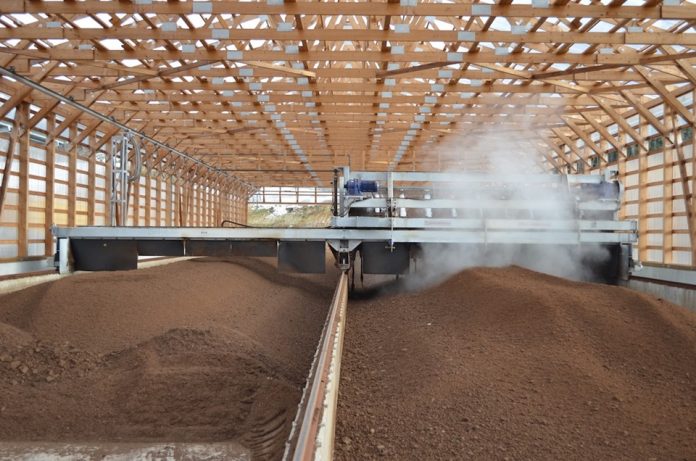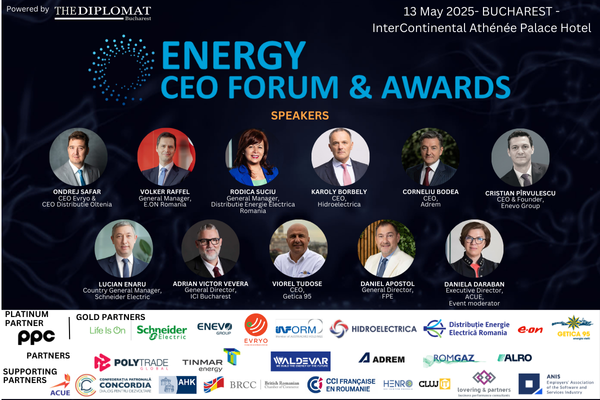DN AGRAR Group, the largest integrated livestock farm in Romania, leader in cow milk production, starts the operational activities at the compost factory built at the DN AGRAR Apold farm following the finalization of the first automated manure composting unit and organic fertilizer production facility.
In the past 2 years, the company finalized the feasibility study and the construction of the facility towards developing an integrated organic waste management system. This unit will transform 21,000 tons of manure annually into over 7,000 tons of organic fertilizer. The total investment in the compost factory is approximately 1.8 million euros.
Peter de Boer, Board Member & Strategy and IR Director, DN AGRAR Group: „DN AGRAR marks another step towards strengthening the circular economic model at Group level by implementing the first automated manure composting unit at Apold farm. In parallel with the start of the operations, we have embarked on the process to obtain voluntary carbon certification for the compost produced, and by the end of 2026, we expect to receive the first carbon credits. The integrated project built around the compost factory will generate significant economic benefits, including additional revenues for sales and from carbon credits earned through methane emission reductions.”
The compost project addresses two major challenges: efficient manure management and improved soil fertility, while also contributing to the reduction of greenhouse gas emissions.
DN AGRAR’s target for the compost factory is to use the organic fertilizers produced for internal needs and to also sell outside the Group. The process of certifying fertilizers as organic typically takes between 3 to 6 months. Once certified, DN AGRAR expects to register an increase in revenues, as the market price for a ton of organic fertilizer in big bags is currently between 230 – 300 euros.
In 2025, a significant part of the total produced fertilizer will remain within the Group, to test and optimize the product for certification as organic fertilizer. By valorizing the manure, the compost that will be used internally will bring efficiency to the current operations as it will significantly reduce transportation and management costs. In addition to the economic benefits that the production of compost will bring, it will improve soil fertility and will reduce the usage of chemical fertilizers.




